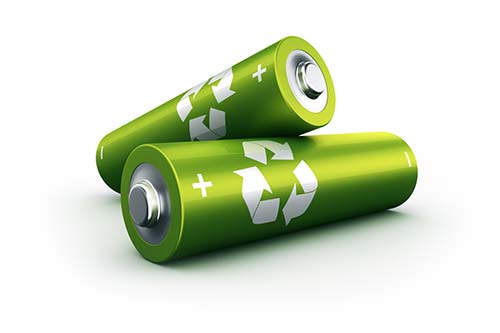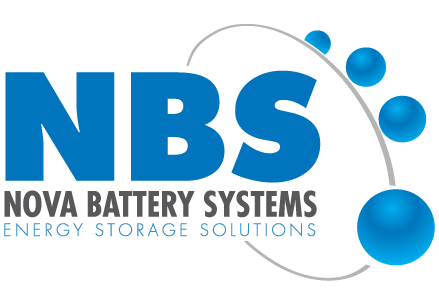Many batteries and cells contain toxic and flammable chemicals. Do not disassemble or incinerate old batteries. Throwing batteries in the trash with other items may lead to a short-circuit condition, which in turn can generate heat, fire, or cause the cell or battery to rupture. Disposing of batteries in the trash may also lead to the release of toxic chemicals into the environment.
Please check your local regulations before disposing of batteries. Many municipalities hold hazardous waste collections, and / or have a location where potentially harmful waste can be brought to be disposed of properly. Most battery manufacturers will also accept batteries and cells for proper recycling and / or disposal.

WASTE ELECTRICAL & ELECTRONIC EQUIPMENT (WEEE)
Waste of electrical and electronic equipment (WEEE) such as computers, TV-sets, fridges and cell phones is one the fastest growing waste streams in the EU, with some 9 million tons generated in 2005, and expected to grow to more than 12 million tons by 2020.
WEEE is a complex mixture of materials and components that because of their hazardous content, and if not properly managed, can cause major environmental and health problems. Moreover, the production of modern electronics requires the use of scarce and expensive resources (e.g. around 10% of total gold worldwide is used for their production). To improve the environmental management of WEEE and to contribute to a circular economy and enhance resource efficiency the improvement of collection, treatment and recycling of electronics at the end of their life is essential.
